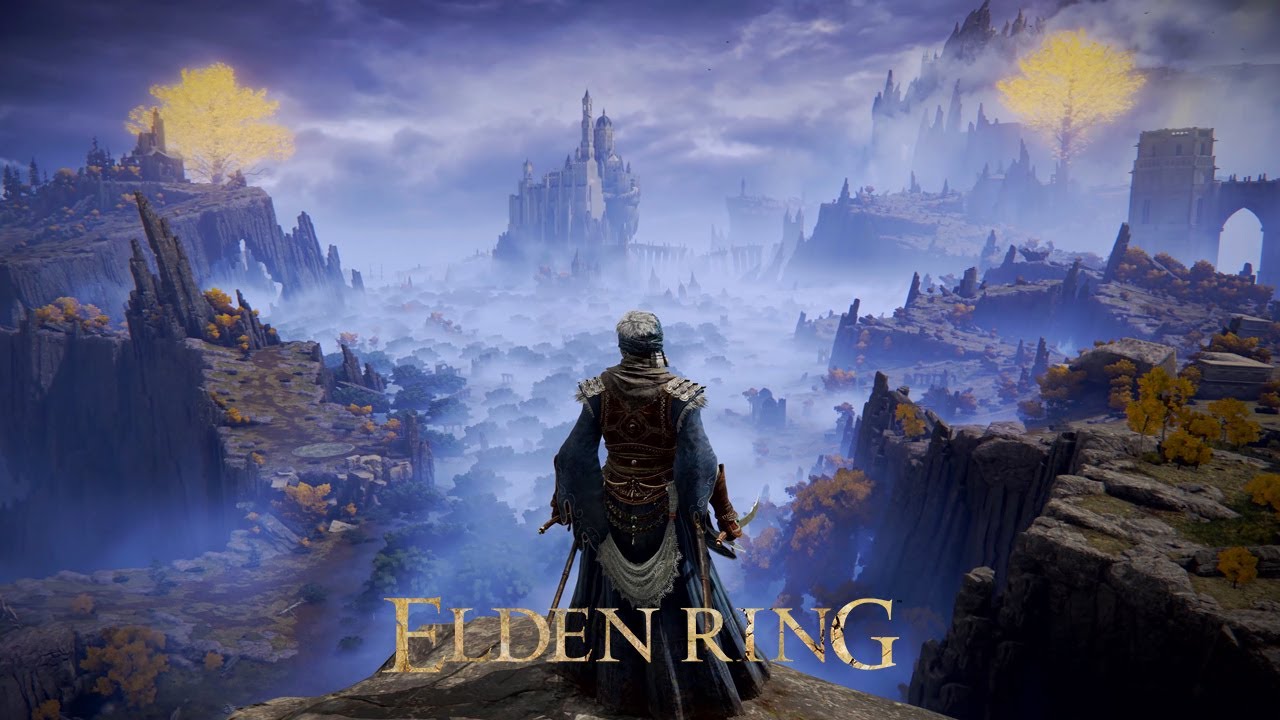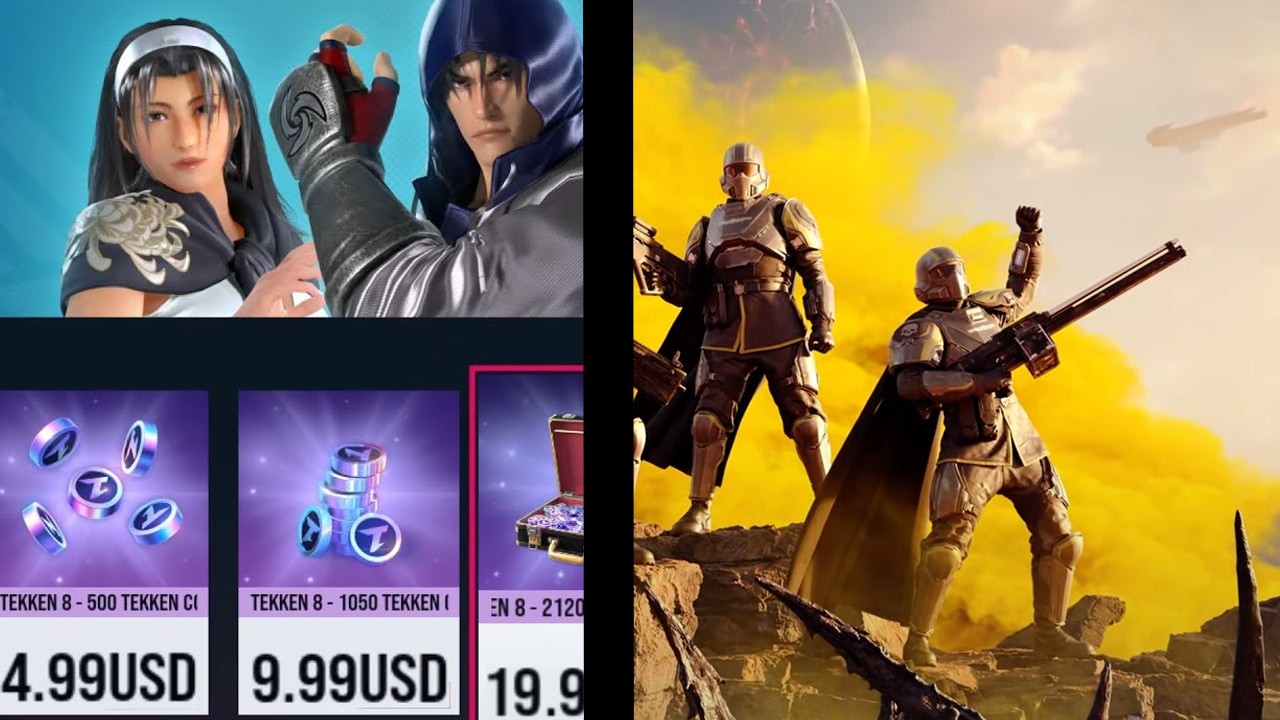The gaming industry has seen a major paradigm shift in recent years. What was once a market mostly dominated by complete boxed releases has become a horde of half-baked, bug-ridden games that pop up on launch day. It used to be that you would pay a premium for a game, and you would get a full experience that landed on a disc.
- The gaming industry has drifted away from offering full game experiences to putting unfinished titles that are jam-packed with microtransactions on the market.
- Thanks to games like Elden Ring and Ghost of Tsushima, players still love a quality, self-contained game.
- A huge community of gamers is now fighting against exploitation.
When Games Used To Be Games

No DLC, no in-app purchases, nothing hidden behind any arbitrary walls of minimum activity required to complete the game. If I wanted to play the original Metal Gear Solid, I was embarking on a full-length story I could finish without having to send a few more bucks to know what happened finally. But over the last decade, we’ve seen the industry move away from that model.
Instead of providing a complete product, most high-budget “AAA” games that come out today feel like a work in progress. Small bug-fixing patches have turned into huge content patches that add features and levels to a game that was previously devoid of meaningful content. In some cases—especially regarding mobile games and MMOs—the updates are expected as part of the base business model.
But when I’m paying upward of $60 for what is supposed to be a complete work of art, I don’t want to be sold an incomplete product. Even worse, games like Dead Space 3, Forza 5, and Plants vs. Zombies: Garden Warfare include microtransactions on top of the initial purchase. These are small items or permanent in-game perks that are completely separate from the base game and can be purchased with real money.
At least in some games, like The Witcher 3 and Team Fortress 2, microtransactions are limited to cosmetic items and do not affect the game. At the same time, you will find many other games where you cannot obtain game-changing equipment or power-ups without spending cash. If you buy a game for a set price, it should be your entire experience without the need for nickel-and-diming microtransactions. While it might seem like a petty complaint, I believe that it’s a solvable problem that just screams laziness.
Secondly, most microtransactions are not player-friendly. After you’ve paid $60 or more for an unfinished game, companies and developers want to milk you for every dollar you’re worth, and then some. There’s a chance to make some real money here, particularly if you can exploit players with addictive personalities or those who can’t afford to shell out $60 for the game in the first place.

These are toxic practices. They detract from the artistic integrity of the game and create a profit-driven, rather than player-driven, environment. But all isn’t lost. There are still some signs of promise amid a sea of empty, broken, and dreamless industry promises. Several of the best games of recent years have been not live services, but single, self-contained experiences, like Elden Ring and Ghost of Tsushima.
Elden Ring has an outstanding open world, deep lore, and difficult but fair combat, and it was loved by critics and fans alike. Meanwhile, Ghost of Tsushima also received high praise, with its beautiful historical environment, gorgeous graphics, and fun combat. These games demonstrate that there is still a huge, vocal audience for old-school, polished single-player games.
There’s a mob of hardcore gamers fighting the industry at any given moment. Reviewers are not very forgiving of games that aren’t ready or seek to screw the consumer out of their money through a terrible microtransaction system. Add to that the power of social media and internet outrage, and you’re left with game companies that are being forced to clean up their game.
When Games Make A U-Turn To Greedy Measures

Don’t you just love it when a company releases a great game but then digs its own grave due to corporate greed? Two of the current-gen game examples in this case are Tekken 8 and Helldivers 2. When Tekken 8 was first launched, it received an overwhelmingly positive response from fans and critics alike. However, 2 months after its launch, the game added microtransactions for purchasing legacy outfits and whatnot.
You’d think in a game that has amazing customization features that adding more outfits would be an unlockable bonus, but no, it’s behind a paywall. It might seem like not a big deal but let me tell you, if people just ignore it, these practices will spread like a virus that’ll rapidly evolve with new gimmicks just to make that extra buck. Even at the time of writing, the game’s current reviews are sitting at mostly negative on Steam.
Similarly, Helldivers 2 got itself in a weird Sonyish situation. The game itself is doing fine but with Sony’s weird demands, things can get a bit shaky. Users on Steam need to have a PSN account to play the game. Again, not a big deal right? Wrong, the issue is that not every region has its own PSN account. Take Pakistan for example, fans here have to rely on other regions to enjoy their favorite title on the PlayStation console.
After the negative response from the community, Sony did respond that these changes would be revoked. However, the damage is already done, and will take a while to recover.
Conclusion
To sum it all up, the gaming industry went from creating full games to creating half games, and most of the extra content is sold in the middle. From the perspective of the gamer, it is a sad thing to say goodbye to a golden time of gaming. However, following the great success of games like Elden Ring and Ghost of Tsushima, it is evident that gamers still have an appetite for well-crafted games.
Microtransactions are good in the right context. If they are paying for regular up-to-date content and faster games, microtransactions are great to have. The problem often lies in their implementation rather than the way they are used to make a game more enjoyable. It is difficult to predict where game development and the gaming industry are headed, but one thing is for certain: gamers deserve the best.
They deserve something complete, they deserve it polished, and they deserve a game that respects their time and money. As long as we continue to demand the best, be it with our voices or wallets, we will continue to stand our ground against game developers.
Read More:
